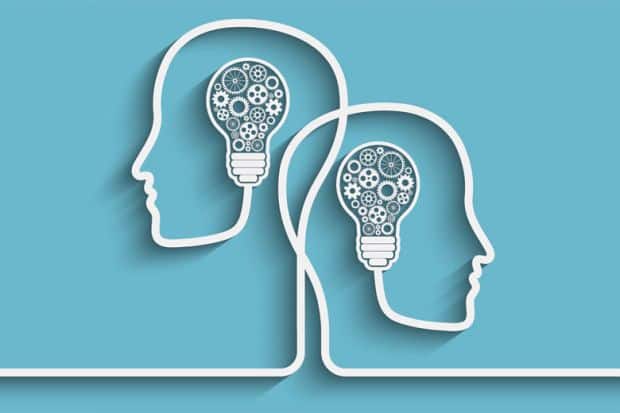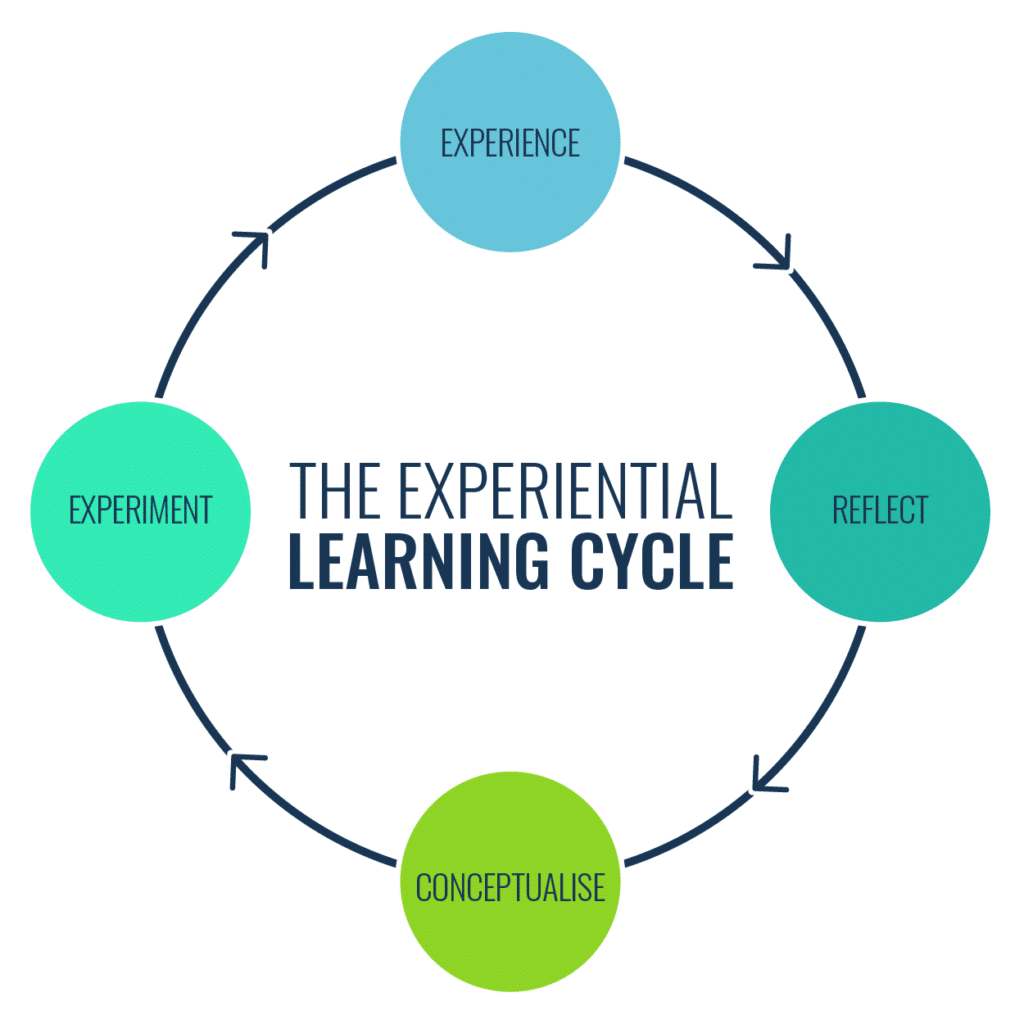The International Baccalaureate (IB), increasingly sought-after in 2024, offers a unique and enriching educational framework that allows students to take charge of their learning journey, fostering the necessary skills and confidence to excel and make meaningful contributions to society. This program not only benefits students but also enhances the teaching experience, positioning educators as key architects of academic excellence. They collaborate within a vibrant global network, enjoying a fulfilling career marked by mutual engagement and support.
Additionally, the IB is known for bolstering the prestige of schools, delivering successful outcomes that benefit the entire community. Offered by nearly all boarding schools in Switzerland, the IB stands as a testament to superior educational standards recognized worldwide.
This program brings many valuable benefits to students, enriching their educational experience in a variety of ways :
Critical thinking is an essential part of the International Baccalaureate (IB) philosophy and an integral part of the entire curriculum.
Unlike traditional education models that may focus heavily on rote memorization, the IB emphasizes the importance of understanding the underlying principles and concepts behind facts and figures.

Encouraging Inquiry and Analysis
IB students are encouraged to be inquisitive about the world around them. They are taught to question what they learn, delve deeper into topics, and analyze information critically. This approach nurtures an intellectual curiosity that drives students to explore subjects more fully and understand them at a complex level.
Developing Reasoned Arguments
In the IB, students learn to form their own opinions and arguments, but crucially, they are also taught to base these on solid reasoning and evidence. The curriculum supports the development of reasoned arguments through essays, presentations, and projects that require students to gather and evaluate information before presenting their conclusions.
Promoting Reflective Thinking
Reflection is another key aspect of critical thinking promoted by the IB. Students regularly reflect on their learning processes, the content they have engaged with, and their own perspectives. This reflective practice not only deepens their understanding but also fosters a habit of lifelong learning and self-improvement.
Interdisciplinary Understanding
The IB’s interdisciplinary approach encourages students to see connections between subjects and disciplines. This broadens their thinking and helps them to understand complex, real-world issues from multiple viewpoints, which is essential in developing sophisticated critical thinking skills.
The International Baccalaureate (IB) Diploma Programme is renowned not only for its rigorous academic rigor but also for its comprehensive development approach through the Creativity, Activity, Service (CAS) component. CAS is pivotal in molding students into well-rounded individuals equipped with the skills necessary for success beyond the classroom.
Holistic Development Through CAS
CAS challenges students to step outside their academic comfort zones and engage in activities that foster personal growth and community interaction. This component of the IB Diploma requires students to explore their creative capacities (Creativity), participate in physical exertion (Activity), and contribute meaningfully to society (Service). It’s an experiential learning process that enriches the IB’s demanding educational framework by integrating real-world experiences that develop resilience, adaptability, and interpersonal skills.

Experiential Learning in Action
CAS is more than just an obligation; it’s a journey of self-discovery and skill development. It compels students to communicate effectively, collaborate with peers, and take initiative—skills that are indispensable in higher education and the professional world. Students are often placed in scenarios where they must lead teams, organize events, or undertake community projects, like organizing a school dance or leading a community outreach trip. These activities demand not only courage and leadership but also a strong sense of commitment and teamwork.

The IB Diploma Programme does an excellent job of equipping students with advanced research skills through its structured approach to inquiry and exploration. These skills are crucial not only for academic success at the university level but also in professional life.
Extended Essay: A Research Deep Dive
One of the hallmark experiences for IB Diploma students is the Extended Essay, an independent, self-directed piece of research, culminating in a 4,000-word paper. This project provides an invaluable opportunity for students to investigate a topic of personal interest on a deeper level. It mirrors the kind of research and writing tasks expected in higher education and allows students to develop skills in formulating appropriate research questions, engaging in a systematic investigation process, organizing large amounts of data, and articulating a coherent argument.

Theory of Knowledge: Interdisciplinary Research
The Theory of Knowledge (TOK) component complements the EE by encouraging students to question the bases of knowledge and integrate insights from various disciplines. TOK challenges students to reflect on the nature of knowledge and how we know what we claim to know. This promotes a critical awareness of how interdisciplinary understanding can enhance and deepen research, which is a crucial skill in navigating the increasingly complex academic and real-world problems.
Subject-Specific Research Opportunities
Across the IB curriculum, various subjects incorporate research skills into their teaching methods. For instance:
Holistic Development
The International Baccalaureate (IB) program offers a unique educational experience that substantially contributes to personal growth, making it a compelling choice for students seeking a well-rounded academic environment. This growth is facilitated through a multifaceted approach that touches various aspects of personal development. A distinctive feature of the IB program is its requirement to balance rigorous academic work with co-curricular activities, such as those involved in the Creativity, Activity, Service (CAS) component. Managing these diverse requirements teaches students valuable time management skills, fostering a balanced approach to life that prioritizes both work and personal well-being. This balance is crucial for long-term success and is a key aspect of personal growth during these formative years.
Soft Skills for a Globalized World
The International Baccalaureate (IB) program significantly fosters personal growth through its comprehensive and diverse educational approach. It promotes global awareness by exposing students to multiple perspectives, enhancing their understanding and empathy. Students also develop strong communication skills by learning to express their opinions effectively through various assignments. The IB’s balanced curriculum, which includes activities like the CAS program, teaches valuable time management skills and encourages a well-rounded lifestyle. Experiential learning through hands-on projects helps students apply theoretical knowledge in practical situations, increasing their engagement and retention. Furthermore, the Extended Essay component cultivates critical research and self-management skills necessary for success in higher education and professional life.
A Model of Excellence in Swiss Education
Such a robust educational model is exemplified by its widespread implementation in boarding schools across Switzerland, known for their commitment to high educational standards. Overall, the personal development achieved in the IB program prepares students not only for academic success but also for a successful and fulfilling life, making it a compelling choice for comprehensive education.
The IB curriculum is structured to not only provide students with the knowledge they need to excel academically but also to instill a profound respect for the world’s various cultures and the challenges they face. Students are encouraged to explore and understand cultural contexts other than their own, which promotes empathy and global awareness.
Fostering Multilingualism and Cultural Intelligence
With its requirement for students to learn a second language, the IB directly contributes to multilingualism, allowing students to communicate across cultural boundaries and fostering a greater understanding of different societies. This linguistic skill is paired with cultural intelligence, empowering students to navigate a variety of cultural situations competently and sensitively.
International Recognition: Access to Global Opportunities
The international recognition of the IB Diploma underscores its focus on global perspective. Accepted by educational institutions in around 150 countries, the Diploma facilitates educational and professional opportunities worldwide. This broad acceptance by top universities across the globe, including elite institutions in the United States, speaks volumes about the trust and value placed in an IB education.

Cultivating Outward-Facing Perspectives
IB students are taught to look beyond their local environment and consider global implications. The curriculum encourages students to engage with issues of global significance, preparing them to become proactive contributors to the global community. Through this outward-facing education, IB learners are equipped with the understanding necessary to act on global concerns effectively and compassionately.
Global Citizenship in Practice
The ultimate benefit of the IB’s global perspective is the nurturing of global citizens—individuals who are not just academically capable but also culturally competent and ready to take on roles that transcend national boundaries. IB graduates are renowned for their ability to approach global challenges with a balanced perspective, ready to collaborate with peers from different backgrounds to create solutions for a better world.

In conclusion, the International Baccalaureate (IB) Diploma Programme offers a unique and enriching educational experience that goes beyond traditional learning paradigms. By integrating critical thinking, experiential learning, advanced research skills, personal growth, and a global perspective, the IB prepares students comprehensively for the challenges of higher education and beyond. Students not only emerge with a strong academic foundation but also the skills needed to navigate complex global issues and contribute positively to the world. The program’s holistic approach fosters intellectual curiosity, ethical sensitivity, and personal resilience, which are indispensable in today’s interconnected and rapidly changing society. Additionally, its widespread adoption by boarding schools across Switzerland highlights the country’s commitment to high educational standards and reflects the global trust and value placed in the IB curriculum. Ultimately, the IB’s dedication to developing inquiring, knowledgeable, and caring young people encapsulates its mission to create a better and more peaceful world through education.